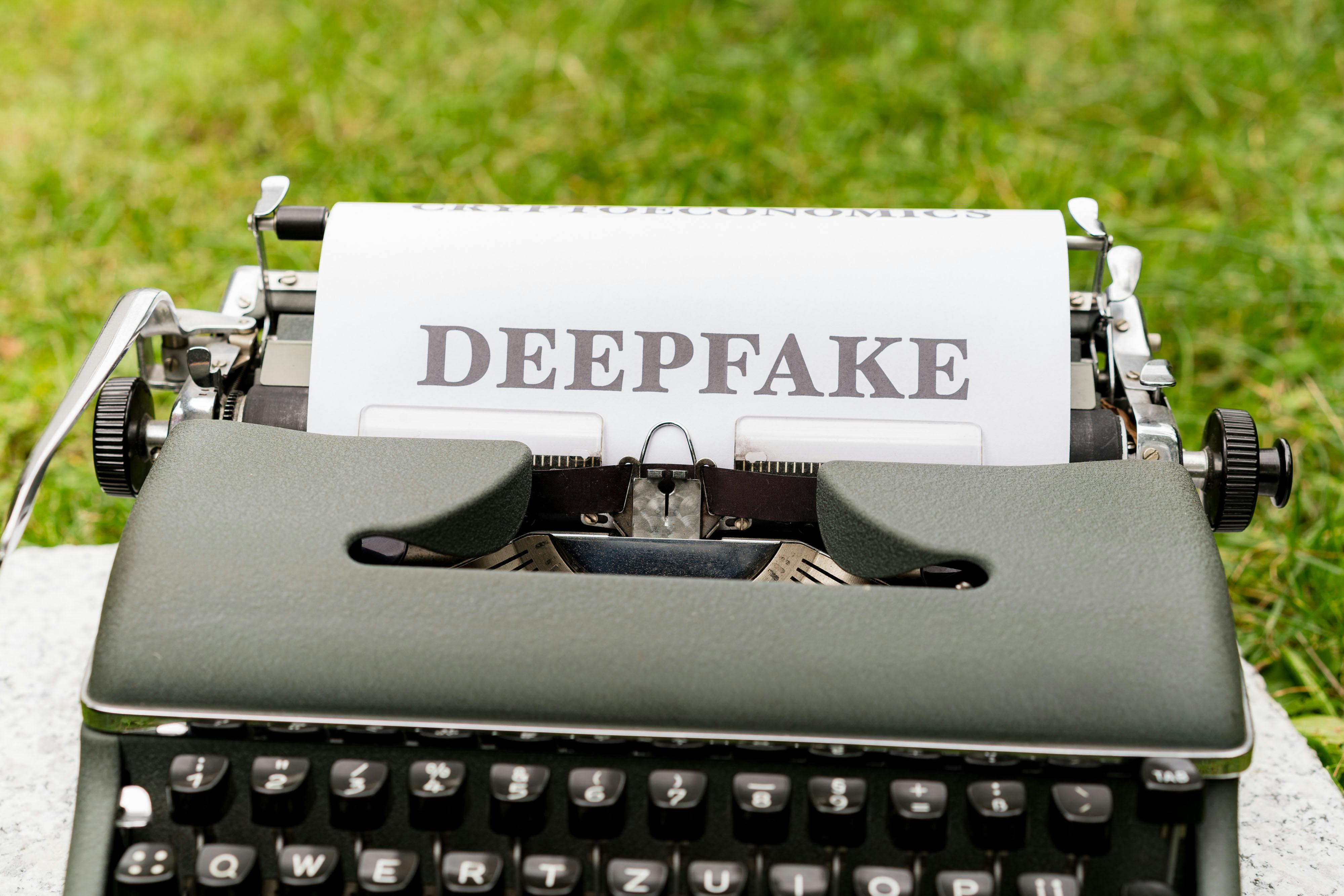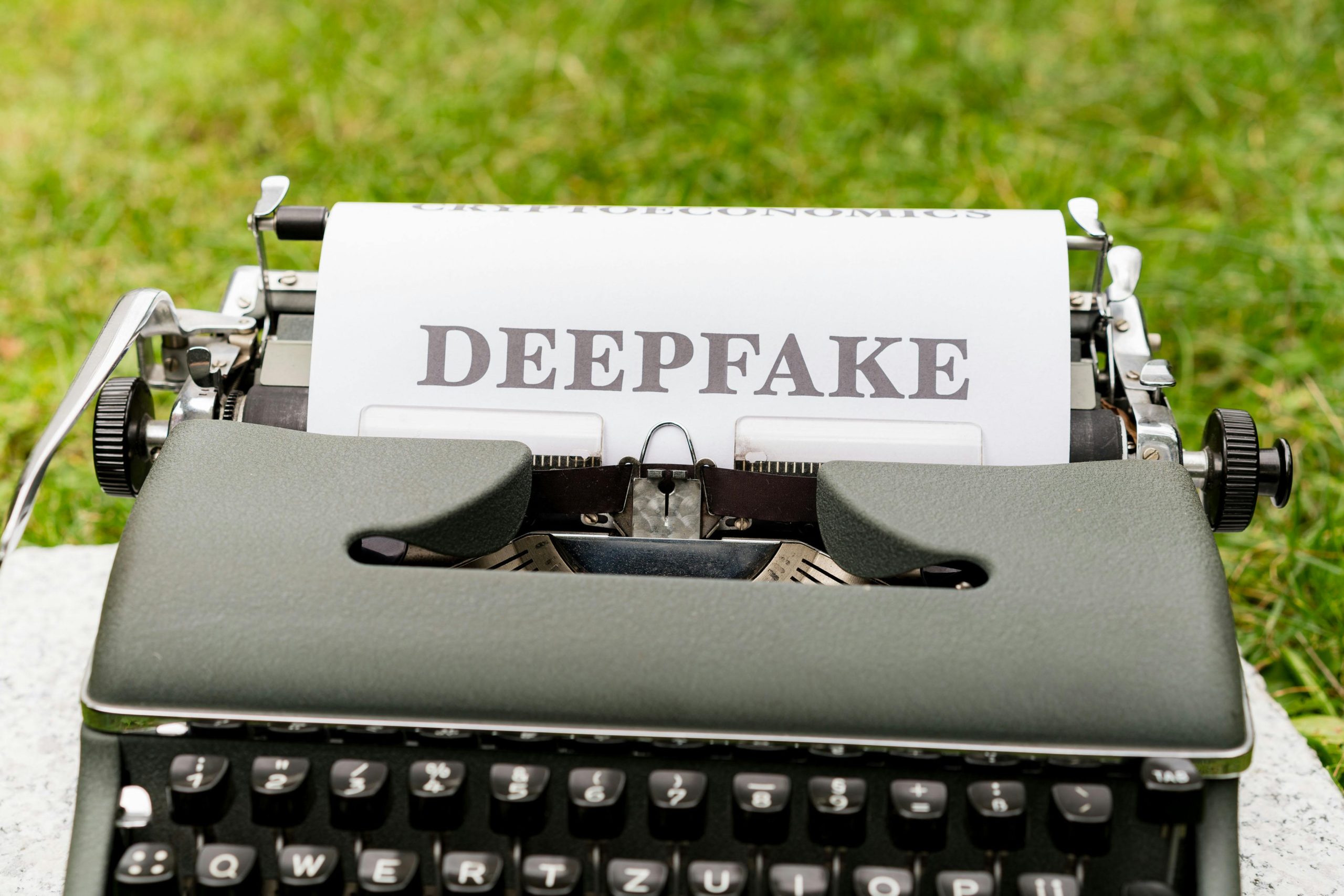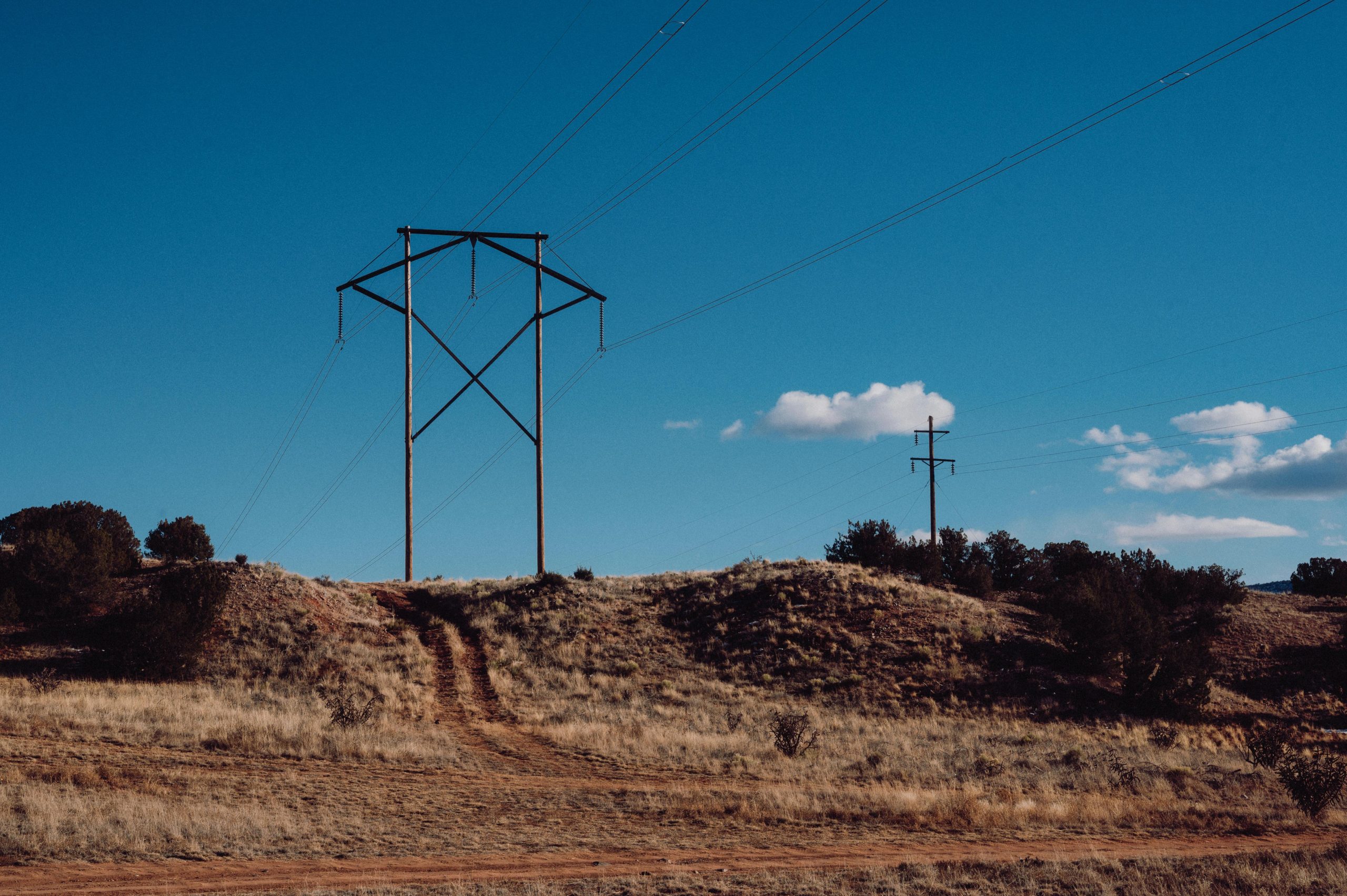Canadian News Publishers’ Lawsuit Against OpenAI Can Proceed in Ontario, Court Rules: A Landmark for Digital Copyright

A pivotal moment in the global confrontation between content creators and generative artificial intelligence developers arrived on Friday, November 7, 2025, when the Ontario Superior Court of Justice ruled that a major lawsuit brought by a consortium of Canadian news publishers against OpenAI can proceed within the province. This decision rejects OpenAI’s aggressive jurisdictional challenge and clears the path for a substantive examination of copyright infringement in the age of large language models, setting a potentially influential precedent for how national legal systems assert authority over borderless digital behemoths.
The consortium of plaintiffs—which includes industry stalwarts such as Postmedia Network Inc., which publishes the Financial Post, along with CBC/Radio-Canada, The Globe and Mail, The Canadian Press, and Toronto Star Newspapers Ltd.—initially launched the lawsuit in late 2024. They allege that OpenAI has been “regularly breaching” copyright and online terms of use by systematically scraping vast quantities of their professionally produced content to train its advanced AI models, including ChatGPT, without obtaining permission or providing compensation. The publishers argue that OpenAI is directly capitalizing and profiting from this intellectual property, undermining the hundreds of millions of dollars invested annually in Canadian journalism, which is vital for a functioning democracy. The court’s ruling to allow the case to move forward, coupled with an award of $260,000 in costs to the publishers, signals a significant judicial recognition of the “real and substantial connection” the alleged breaches have to Ontario.
OpenAI, headquartered in San Francisco, had vigorously argued in its September 2025 motion that the Ontario court lacked jurisdiction. The company contended that its alleged infringing conduct—specifically the automated web crawling and the training of its AI models—occurred entirely outside of Canada, primarily utilizing infrastructure governed by Delaware-incorporated subsidiaries. Consequently, OpenAI maintained that the Copyright Act could not apply extraterritorially and that the dispute belonged in the United States, where similar actions are already underway. The Ontario court, however, concluded that a “good, arguable case has been made that the Copyright Act breaches are sufficiently connected to Ontario,” effectively prioritizing the location where the protected content was created, owned, and substantially resides.
The Broader Context of Global AI Litigation and Licensing
This Canadian legal development does not occur in a vacuum. It is situated within a highly dynamic, globally distributed landscape of litigation aimed at generative AI developers over intellectual property usage, reflecting a worldwide struggle to reconcile existing copyright frameworks with transformative technology. The resolution of procedural hurdles in Ontario sends ripple effects across this international chessboard of legal and commercial reckoning.
Comparison with Parallel Legal Actions in the United States
The situation in Ontario mirrors several high-profile legal challenges already underway in the courts of the United States, involving major newspaper groups and authors alleging similar patterns of content scraping and uncompensated use in training data sets. For instance, the legal action initiated by The New York Times in December 2023 against OpenAI and Microsoft Corp. remains a benchmark case. Other US newspaper groups, including the New York Daily News and the Chicago Tribune, followed suit in April 2025. While the American legal system has seen some initial judicial rulings in favor of the AI developers—often citing the principle of fair use—the American jurisprudence remains unsettled, lacking a clear, definitive precedent that establishes the legality of this practice across the board as of November 2025. The Canadian case, by advancing in a distinct legal system, presents an alternative avenue for rights-holders to seek vindication of their claims outside the established, albeit evolving, framework of US copyright interpretation.
The Emerging Trend of Commercial Licensing Agreements as an Alternative Path
Simultaneously, this period of intense legal confrontation has been accompanied by a contrasting, yet equally significant, commercial trend: the proliferation of negotiated licensing deals. A number of major international news organizations, rather than engaging in protracted and uncertain litigation, have opted to enter into formal agreements with AI developers in exchange for compensation tied to the use of their archival and current content for training purposes. Prominent examples include global news agencies and major publications from various countries that have struck deals to secure payment and attribution arrangements. This trend is visible across media sectors; for example, OpenAI has previously secured licensing partnerships with the Associated Press, The Financial Times, and News Corp.. More recently, in the entertainment sphere, the Universal Music Group settled a piracy lawsuit with the AI music creation platform Udio and announced a future collaboration, signaling a move towards legally sanctioned revenue streams derived from AI training data access.. This suggests a bifurcated industry response: one path favors aggressive litigation to establish legal rights and secure potentially massive damages, while the other prioritizes immediate financial return and stable, albeit commercially negotiated, access to generative models. The outcome of the Ontario case could significantly influence which strategy ultimately proves more compelling for the majority of content creators globally.
The Unsettled Nature of US Fair Use Doctrine in AI Training Cases
The foundational difference between the US and Canadian legal approaches often hinges on the concept of “fair use” versus “fair dealing.” In the US, the outcome of many AI copyright cases currently rests on whether the mass copying of material for model training qualifies as transformative fair use. As of late 2025, the lack of a definitive high court ruling means this defense remains a crucial, yet unpredictable, hurdle for both AI developers and plaintiffs. The Canadian publishers have already begun to highlight the necessity of a domestic resolution, arguing that US interpretations may not adequately protect works whose economic value is intrinsically linked to the Canadian market.
The Importance of Canadian Regulatory Developments on Digital Content
The legal battle is occurring against a backdrop of developing Canadian digital regulation. Canada previously passed legislation, such as the Online News Act, intended to force large digital platforms like Google to compensate Canadian news publishers for their content. While the application of this Act to AI training was previously a point of debate, the current copyright lawsuit tests the territorial reach of Canadian IP law in an even more fundamental way. The fact that Meta pulled news from its platforms in response to the Online News Act, while Google reached a $100 million CAD settlement with Canadian outlets, underscores the government’s and the media’s commitment to securing payment for digital content use, a sentiment now being tested in the courts against AI developers.
The Implications for Digital Sovereignty and Future Innovation
The progression of this case through the Ontario courts carries profound implications that extend well beyond the immediate financial recovery sought by the named plaintiffs; it fundamentally touches upon the concept of digital sovereignty in the twenty-first century. The decision on jurisdiction is merely the first critical marker, but it reveals the high stakes involved for the nation’s digital economy and its creative output.
The Potential Chilling Effect of an Adverse Ruling on Local Journalism Investment
Should the Canadian publishers ultimately succeed on the merits of their claim—a path opened by this jurisdictional ruling—it would send an unequivocal message that the intellectual and creative output generated within the nation’s borders is subject to its domestic laws, regardless of where the ultimate computational processing takes place. This success would fortify the legal standing of Canadian creators against external digital behemoths, providing a necessary shield for the substantial investments made in producing high-quality, locally relevant information, which is indispensable for a functioning democracy. Conversely, a ruling in favor of the defendant on jurisdiction could inadvertently signal that the vast digital commons of Canadian intellectual property is freely available for the training of commercial models developed abroad, thereby disincentivizing future local investment in content creation, knowing that its value can be extracted without permission or profit sharing. The publishers explicitly warned that accepting OpenAI’s stance would mean Canada gives up jurisdiction over a large part of its digital economy, a “sobering prospect.”
The Judiciary’s Role in Defining the Boundaries of Global Digital Commerce
The judiciary, in this context, is not merely interpreting dusty statutes; it is actively engaged in the difficult task of mapping the contemporary legal contours of a globalized digital marketplace. The decision on jurisdiction serves as a critical first marker, indicating that the courts recognize the intrinsic value and local connection of data that originates, is managed, and serves its primary audience within the province. The broader theme is one of balance: acknowledging the transformative potential of artificial intelligence while ensuring that technological innovation does not come at the expense of established legal rights or the economic sustainability of the very industries that generate the foundational data upon which that innovation is built. The resolution of this initial jurisdictional hurdle clears the path for a deeper examination of these competing values as the case proceeds toward the substantive issues of copyright infringement and appropriate remedies.
The Long-Term Economic Security of Domestic Content Production
The success of the publishers in maintaining the venue in Ontario directly links the legal process to the long-term economic security of domestic content production. The claim that the news content “is property that was largely created in Ontario, is owned by companies based in Ontario, and resides in significant part in Ontario” frames the issue as one of local economic protectionism versus global data aggregation. The ability to enforce territorial IP rights provides a mechanism for ensuring that the economic returns from content—whether through licensing or damages—are channeled back into the domestic industry that creates it, rather than exclusively benefiting foreign technology firms.
How the Ruling Shapes Future International Negotiations on Data Usage
By establishing a clear path forward for the copyright claims within a national court, the Ontario ruling provides a strong negotiating position for Canadian rights-holders internationally. If Canadian courts ultimately rule in favor of the publishers on the substantive copyright question, it could force other jurisdictions and AI developers to preemptively offer more favorable licensing terms to content creators in countries with similar strong territorial copyright protections. This outcome strengthens the global movement, seen in areas like the UK’s recent focus on IP owner remedies in the Getty Images v Stability AI case, to establish clear rules for data usage in AI training.
Anticipating the Next Phases of the Legal Proceedings
With the Ontario court having affirmed its right to hear the matter, the legal battle now shifts from the preliminary question of where the case will be heard to the far more complex question of what the law dictates regarding the actions taken. The subsequent phases of litigation will necessitate a deep dive into the core tenets of the Copyright Act as they apply to the specific mechanics of machine learning training, a novel area where legal guidance is sparse.
The Upcoming Focus on Substantive Copyright Law Application
The next major battle will center on whether OpenAI’s ingestion of copyrighted material for training constitutes a violation of Section 3(1) of the Copyright Act, which grants exclusive rights to reproduce works or substantial parts thereof. The publishers argue that the scraping and copying of their datasets involved the reproduction of expressive content, not just abstract patterns. A key contested legal point will be whether tokenization—the process of converting text into numerical representations for statistical analysis—is legally considered “copying” or merely “analyzing.” The defendant, OpenAI, will almost certainly re-assert defenses related to fair dealing or analogous principles, likely drawing heavily on US legal interpretations while arguing against their Canadian counterparts. The entire global tech and media industries will be watching the subsequent steps in the Ontario Superior Court with intense focus to see if Canadian fair dealing can legally encompass the mass, for-profit incorporation of copyrighted news articles into a foundational commercial software product.
Potential for Interlocutory Appeals and Further Jurisdictional Disputes
It remains an open possibility that OpenAI, despite the initial setback on jurisdiction, may seek to challenge this ruling through an interlocutory appeal to a higher court, arguing that the provincial court erred in finding a sufficient connection to Ontario when the core *training* activity was performed offshore. Such an appeal would drag out the process further, creating an extended period of legal uncertainty for both the technology sector and the media industry. Furthermore, as the case moves into a more intensive discovery phase, OpenAI may renew efforts to limit the scope of disclosed internal documents, citing proprietary information concerns, following the precedent set by the August 2025 Partial Sealing Order which governed the disclosure of information related to web crawling and model training costs. The resolution of these procedural avenues will dictate the timeline for when the court will finally be forced to render a judgment that either sets a robust precedent for protecting Canadian digital creations or establishes a framework that allows for broad, uncompensated data acquisition by foreign AI developers.










